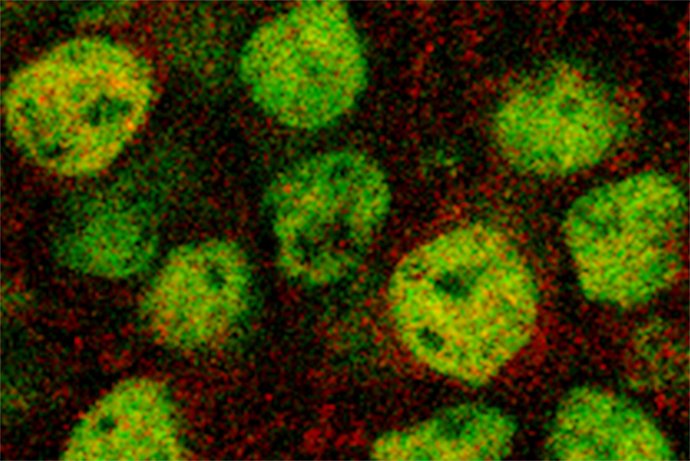Erythropoietin (EPO) is primarily known to many as a hormone for blood formation. However, it has been known for some years that EPO also plays an important role in the brain – specifically where particularly demanding mental performance takes place. In certain cells of the nervous system, EPO is produced together with the corresponding erythropoietin receptors (EPOR). The hormone can bind through the receptor on the cell surface and activate the intracellular signaling pathways. These signaling pathways are important for cell survival, plasticity and repair processes in the nervous system. EPO can therefore help to strengthen brain functions such as attention, memory and motivation. However, the exact mechanisms are still unclear.
No losses after EPO failure
A team of researchers from Göttingen, Mannheim, Tübingen and Berlin has now investigated in an animal model what happens when EPO is switched off in the forebrain – i.e. in the control center for higher cognitive functions. Surprisingly, the animals showed no losses in learning, memory or attention. On the contrary: In particularly difficult memory tasks, they even performed better than control animals.
The explanation apparently lies in an astonishing adaptation mechanism: If EPO is missing, the brain forms more of its known receptors (EPOR) – and also a receptor called EphB4, which has so far received little attention. Both receptors reinforce or supplement the signaling pathways of EPO. In this way, the brain compensates for the loss and safeguards its performance.
Compensation at molecular level
“This discovery is significant because it opens a new chapter in the understanding of the so-called neuroplastic properties of the brain,” says Prof. Dr. Dr. Hannelore Ehrenreich, Head of Experimental Medicine at the Central Institute of Mental Health (CIMH) in Mannheim and last author of the study. “The brain is not only able to form new nerve cells and restructure networks in response to EPO, it can also replace missing factors at a molecular level through compensatory mechanisms”, explains Ehrenreich.
“Our results impressively show how flexibly and adaptably the brain itself can react to profound molecular changes,” says the researcher. In the long term, this knowledge could pave the way for more targeted therapeutic use of EPO signaling pathways – for example in diseases associated with cognitive impairment or in rehabilitation after brain damage.
The study shows impressively that the brain has a remarkable compensation program to protect its most important resource – mental performance.
Publication
Butt UJ, Çakır U, Wildenburg A-F, Curto Y et.al.: Forebrain-specific loss of erythropoietin provokes compensatory upregulation of different EPO receptors. Molecular Psychiatry 2025. DOI: 10.1038/s41380-025-03230-7
https://doi.org/10.1038/s41380-025-03230-7


